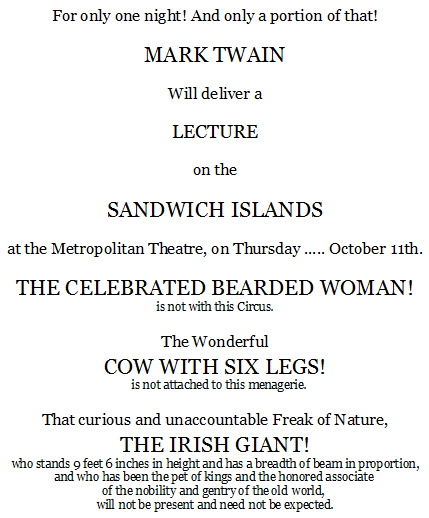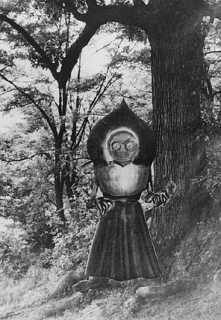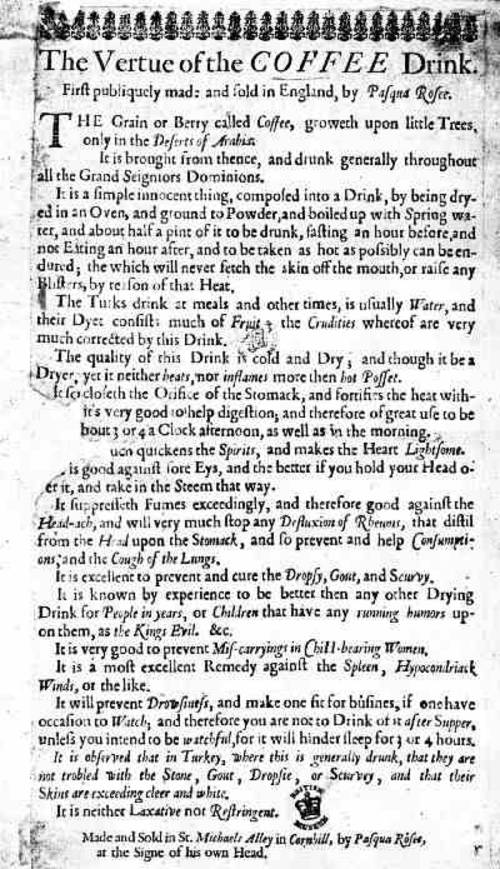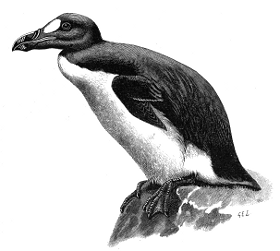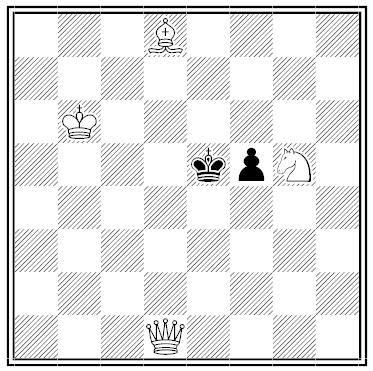
Most of the civilians who died in the Japanese attack on Pearl Harbor were killed by American antiaircraft shells. “There was so much excitement and confusion,” harbor worker John Garcia told Studs Turkel for The Good War, his oral history of World War II. “Some of our sailors were shooting five-inch guns at the Japanese planes. You just cannot down a plane with a five-inch shell. They were landing in Honolulu, the unexploded naval shells. They have a ten-mile range. They hurt and killed a lot of people in the city.”
Garcia spent three days at the base dealing with the aftermath of the attack. When he returned to Honolulu, “they told me that a shell had hit the house of my girl. We had been going together for, oh, about three years. Her house was a few blocks from my place. At the time, they said it was a Japanese bomb. Later we learned it was an American shell. She was killed. She was preparing for church at the time.”

